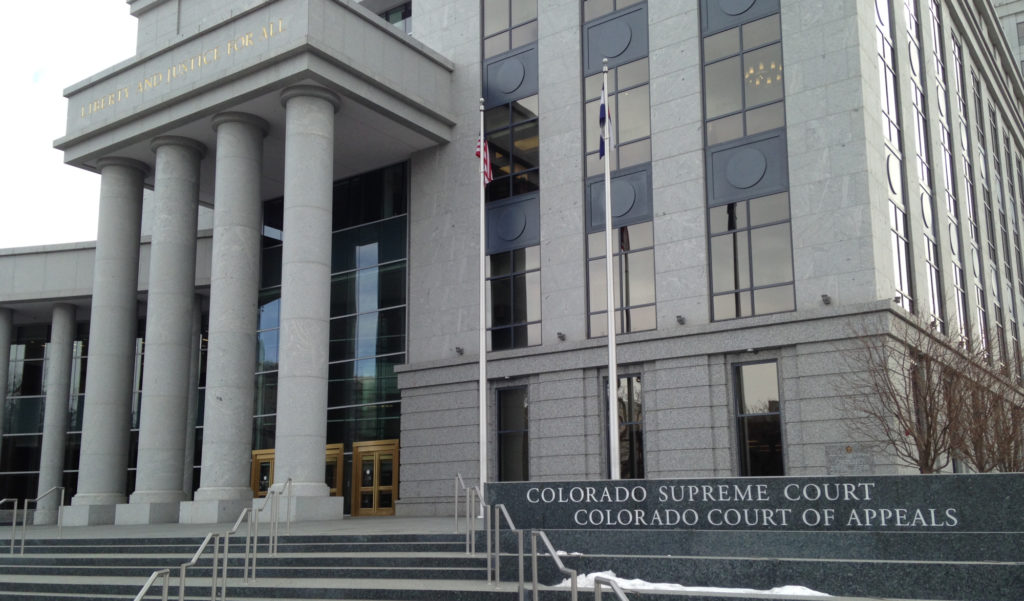By Jeffrey A. Roberts
CFOIC Executive Director
The draft of an annual financial report prepared by Durango city officials for later submission to the state auditor is not exempt from public disclosure under the work product provision of the Colorado Open Records Act, the Colorado Court of Appeals decided Thursday.
A three-judge panel of the state’s second-highest court affirmed a district court ruling that Durango resident John Simpson is entitled to a copy of the 2021 report, which he requested via CORA in August 2022.
The city claimed the draft financial statement was “work product,” defined in the open records law as “all intra- or inter-agency advisory or deliberative materials assembled for the benefit of elected officials, which materials express an opinion or are deliberative in nature and are communicated for the purpose of assisting such elected officials in reaching a decision within the scope of their authority.”

CORA excludes work product from the definition of “public records.” But the exemption doesn’t apply to the report, the appellate judges concluded, because it was not “prepared for elected officials.”
“We are not persuaded otherwise by the City’s argument that a document need only be ‘related to’ or ‘tethered to’ a decision made by elected officials in order to be exempt from disclosure,” wrote Judge Katharine Lum for the panel. “Such a broad reading would sweep in virtually all documents produced by any city department … The City does not cite, and we have not found, any appellate opinion supporting such a sweeping interpretation, and we are obligated to construe exceptions to CORA narrowly.”
Durango, like most local governments, is required to submit an independent audit of its financial statements each year to the state auditor. Once a final version is complete, the city council votes to transmit the report.
“The critical question,” Lum wrote, “is whether sending the final comprehensive report to the State Auditor is a ‘decision’ within the scope of the City Council’s authority.”
But there is no evidence, the Court of Appeals found, that the council has any ability to influence the content of the report. Instead, the finance director, city manager and independent auditor “have complete control.”
“Where the elected officials have the authority to take only one action, there is nothing to ‘decide’ within the meaning of CORA’s work product definition,” the appellate opinion says. And because the final report is prepared “to satisfy statutory and city code requirements,” not at the direction of any elected official, it also doesn’t fit CORA’s definition of work product.
Simpson is entitled to “reasonable” attorney fees incurred during the city’s appeal of the district court ruling, the Court of Appeals also decided.
Follow the Colorado Freedom of Information Coalition on Twitter @CoFOIC. Like CFOIC’s Facebook page. Do you appreciate the information and resources provided by CFOIC? Please consider making a tax-deductible donation.




